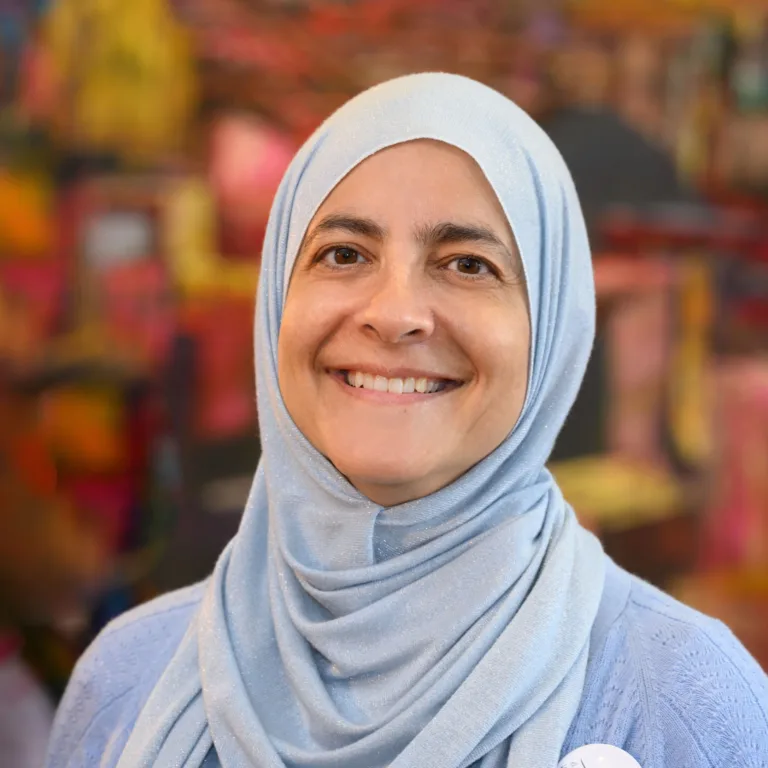Menu
* A Grant DOI (digital object identifier) is a unique, open, global, persistent and machine-actionable identifier for a grant.
Many communities in the Arab region now face mental health crises that have led to increases in domestic abuse and violence, religious and sectarian divides, and the rise of crime. With scarce educational and humanitarian support systems in place, these issues are difficult to navigate. A project directed by Rana Dajani and Abdullah Awad at the Taghyeer Organization seeks to confront these crises using a character development approach, heeding the call for virtue ethics to have a bigger impact on societal transformation.
With a TWCF grant, the project plans to develop and generate widespread support for a character virtue based curriculum for use in the public school system in Jordan. The curriculum will be grounded in the concept of Istijarah, the ethical response of accommodating those in need. Istijarah offers the language and practice needed to inwardly cultivate virtues while outwardly building community. Character traits associated with Istijarah are humility, hospitality, kindness, and fraternity.
The project will also convene a series of workshops and seminars with a theme of “Religion, Education and Mental Health.” These events will be used to introduce key stakeholders to the concept of Istijarah and to explore how the curriculum could be integrated into the existing educational system. A key outcome of the conference will be the creation of an advisory committee of interested stakeholders, which will support the curriculum development process. The invitees will include educators, academics, policy makers, and representatives of key humanitarian agencies in the region. The curriculum will be developed for students of mixed gender from ages 8-14, and will include both historical and modern narrative, poems, and texts. A teacher training program will be developed to accompany the curriculum. The team will also write a series of journal articles on Istijarah and its relationship to the project’s five factors: education, refugees, virtues, religion, and mental health.
The project aims to improve the mental health outcomes of young people in the school system in Jordan, especially refugees and those impacted by conflict. Specifically, the project seeks to fill a perceived void in the forms of educational and humanitarian assistance provided by government and non-government actors by providing an opportunity for young people to develop their inner strengths and capacities.

